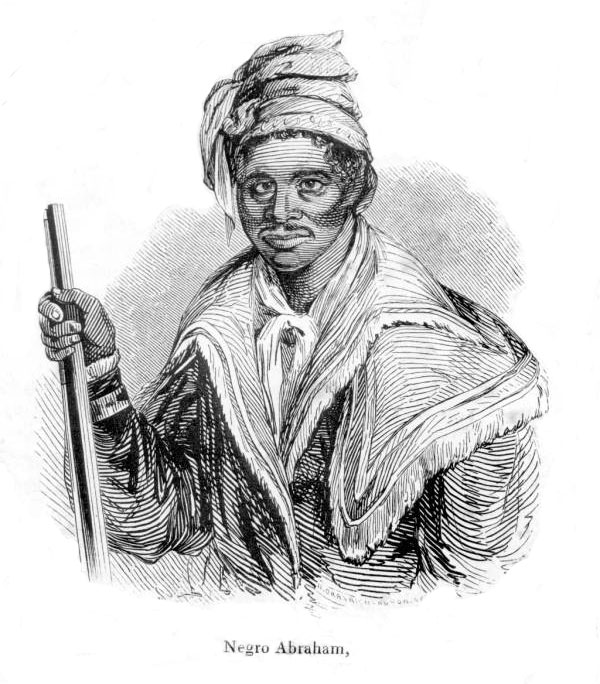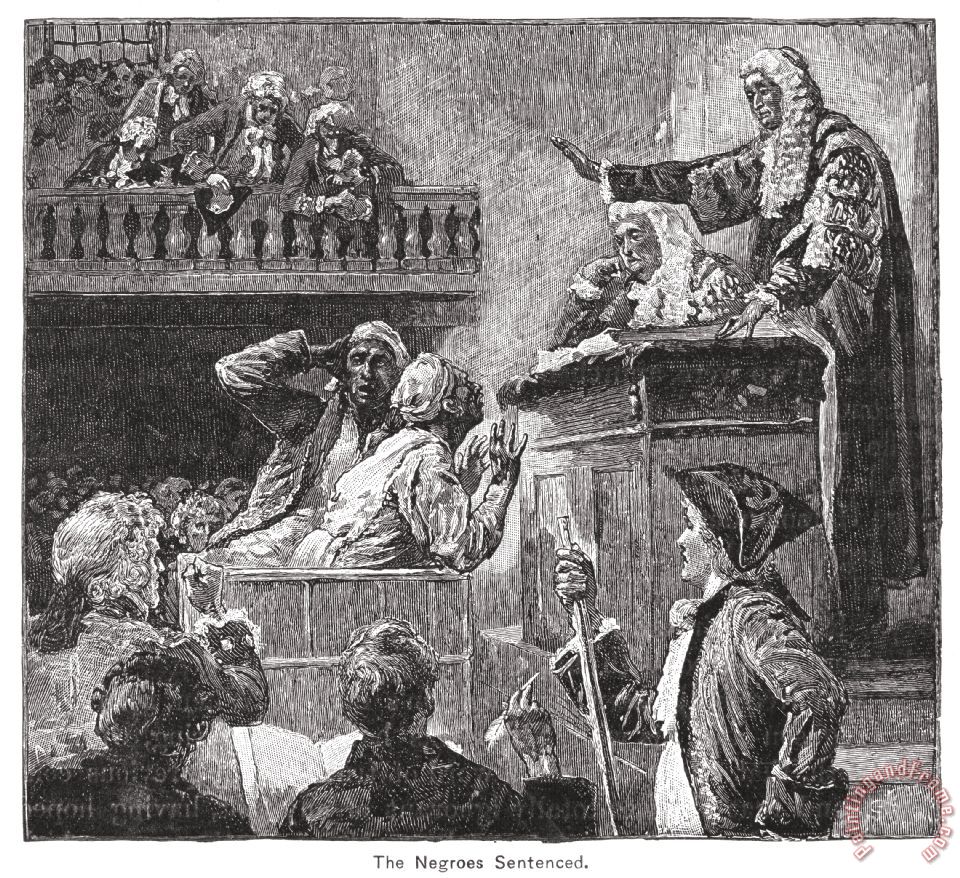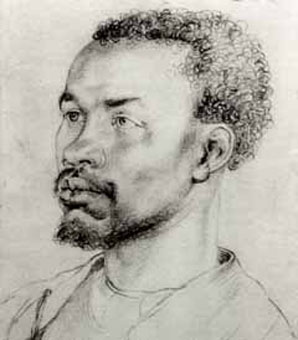Responses to Enslavement
Slave Responses
In 1773, four men lobbied the colonial authorities of Massachusetts for their freedom. They were denied.

Fun Facts
All major slave rebellions in American history were thwarted, their leaders and participants murdered.

Acts and Laws
The 1642 Virginia act against runaways and the 1680 act against insurrection reflect the harsh punishments that awaited not only slaves who rebelled, but also slaves perceived as potential intransigents.

Video

Statistics

Most of runaway slaves were single young men who fled alone.

Only 15.4 percent of 1,250 runaways announced were females and only 2 percent were children.

John Punch is one of the first servants on record to be sentenced to slavery on the grounds of race.

Of the 424 runaway advertisements in selected New Orleans newspapers in 1850, 136 were females.
Racism

Though fleeing similar circumstances, the fates of the runaways differed under the court's aegis. A judge sentenced all three to whippings. He then added four years to the indenture terms of James and Victor, both white Europeans. John, a black man, alone he condemned to lifelong servitude.
Important People

Mum Bett (who was later called Elizabeth Freeman), inspired by the Declaration of Independence, also took her pursuit of freedom before the authorities, suing her owner in a Massachusetts court.

John Punch is one of the first servants on record to be sentenced to slavery on the grounds of race. However, he was neither the first nor the last black man to flee from oppressive bondage.
